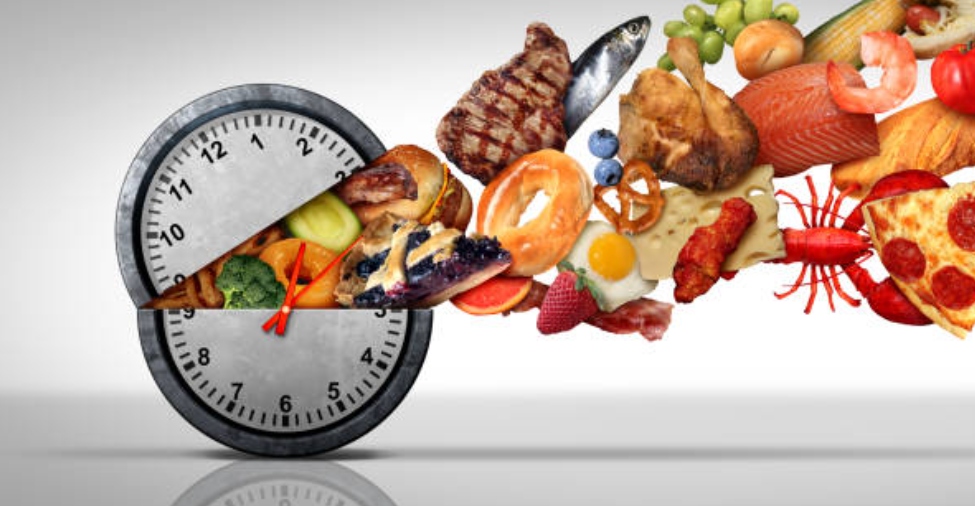Table of Contents
Coping & Comfort: Making Peace With Food This Holiday Season

The holidays can be a beautiful time for family, friends and of course food. People tend to think of Thanksgiving as a season of connection, gratitude, and tradition—but for many people, they also bring up feelings of loneliness, stress, or emotional overwhelm. And that’s when food can become more than just food.
If you’ve ever found yourself reaching for another helping when you’re not physically hungry—or eating to soothe, distract, or comfort yourself—you’re not weak. You’re coping.
Emotional Eating Is a Coping Strategy, Not a Failure
We all have ways of managing hard emotions. Some people overwork or lose themselves in social media. Others withdraw or overextend themselves trying to make everything perfect. Emotional eating is simply another way our body and mind try to bring comfort when something inside feels unsettled.
Especially during the holidays—when stress, family dynamics, and memories collide—food can feel like one of the only reliable sources of comfort or control. It’s not a character defect; it’s a signal.
What’s Beneath the Urge

When you notice yourself reaching for food in those moments, pause and ask gently: What am I really “hungry” for right now?
Sometimes the answer isn’t food at all—it’s connection, rest, comfort, or relief from loneliness. Maybe it’s missing someone who isn’t here, or trying to fill the silence of loneliness.
This isn’t about judging the behavior. It’s about listening to what it’s trying to tell you.
Move From Control to Compassion
Diet culture loves to turn this conversation into shame and restriction: “Don’t eat that.” “Have self-control.” But control doesn’t heal the emotions that drive the behavior—it just adds guilt on top of pain.
Try shifting the focus from control to curiosity. Instead of “Why did I eat that?”, try “What was I feeling when I reached for it?” Notice without judgment. Offer yourself the same compassion you’d extend to a friend who’s hurting.
Gentle Grounding to Nourish the Soul

If you notice yourself using food for comfort, consider layering in other ways to soothe and care for yourself:
- Feeling anxious – Take a short walk to release physical tension and reconnect with your body.
- Feeling sad or disappointed – Journal or voice-note about what’s feeling heavy or lonely.
- Feeling overwhelmed – Use your senses: light a candle, hold something soft, take slow breaths to ground yourself.
- Feeling alone – Reach out for connection, text a friend, attend a support group, or talk with a therapist.
- Feeling neglected – find ways to “treat” yourself, take a bath, get a massage, or read a good book
These small acts remind your body that comfort can come from many places—not just the plate in front of you.
You’re Not Broken for Coping
If food has become your comfort, it means you’ve been trying to care for yourself the best way you know how. And that matters.
This season, instead of focusing on willpower or rules, focus on kindness. You deserve gentleness, rest, and real nourishment—both emotional and physical.
At Arizona Connection Counseling, we help clients explore the emotions beneath patterns like emotional eating, perfectionism, or people-pleasing—because these behaviors aren’t failures, they’re signals. Our therapists offer a safe space to understand what your body and mind are really asking for, so you can find new ways to care for yourself with compassion and connection




